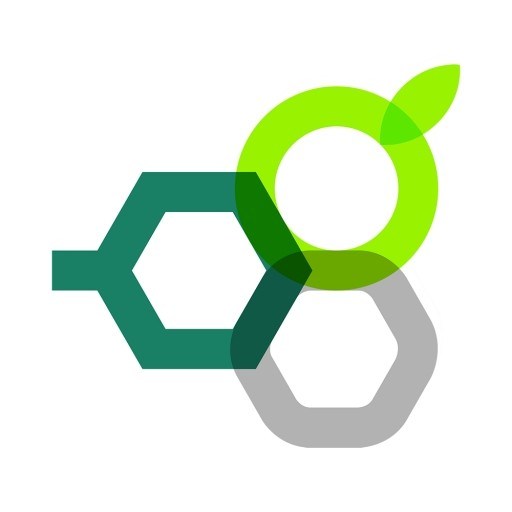Photos of university / #kieluni
There is an increasing demand for specialists who understand both the fundamentals of agricultural production and the application of genomics for breeding and cultivation of crops and livestock.
Educational organisation
The Master's programme will require four semesters of courses including a Master's thesis. Successful students will receive a full-time, postgraduate Master's degree (Master of Science, MSc). Using the European Credit Transfer System (ECTS), students' achievements will be transferable to other universities.The Master's programme will be structured into nine mandatory and seven elective modules which will encompass lectures, seminars, practical courses and excursions. Classes will take place on Kiel University campus in Kiel. Optionally, off-campus internships at partner research institutes or German life science and breeding companies can be included in the curriculum.
Forms of assessment
Written and oral exams, Master's thesisCourse objectives
The Master's programme AgriGenomics in Kiel will concentrate on teaching the most current knowledge in the application of genomic techniques for improving crops and livestock. As the programme is not limited to either animal or plant sciences, it will offer multidisciplinary qualification in the field of agricultural genomics to prepare the students for a broad spectrum of job positions.Students specialised in AgriGenomics will be qualified to take a leading position in life science and breeding companies to apply genome techniques for breeding and improvement of crop and animal production. Moreover, with an MSc in AgriGenomics students will be highly qualified to begin a doctoral course to start a career in science or research and development.
Language requirements
As all classes are given in English, a good level of English (written as well as spoken) is mandatory. Accepted as proof for language proficiency are:- 580 points in TOEFL-paper based (Test of English as a Foreign Language)
- 230 points in TOEFL-computer based (Test of English as a Foreign Language)
- 90 points in TOEFL-internet based (Test of English as a Foreign Language)
- 6.5 points in IELTS, no band less than six (International English Language Testing System)
- Eight years of English classes at German Schools in "Sekundarstufe I und II"
- A stay of six months in a native English speaking country
Academic requirements
Successful applicants must have a Bachelor's degree in Agriculture or Biology with special knowledge in Genetics, Zoology or Botany with an ECTS grade of B- or higher.Countries in which a Master's degree is a postgraduate degree, admission to a Master's programme normally requires holding a Bachelor's degree (in the United Kingdom, Canada and much of the Commonwealth, an "honours" Bachelor's degree), although relevant work experience may qualify a candidate.
Progressing to a doctoral programme often requires that the candidate first earns a Master's degree.
Enrolment fees
An enrolment fee ("Einschreibegebühr") currently amounting to 55 EUR is charged for the first enrolment at Kiel University.A semester contribution ("Semesterbeitrag") currently amounting to approx. 120 EUR must be paid each semester. This covers free public transport ("Semesterticket"), reduced lunch prices, and other financial benefits for students.
For the latest information, see: www.studium.uni-kiel.de/de/studium-organisieren/studienangelegenheiten/rueckmeldung
Costs of living
Monthly expenses in Kiel (e.g., for housing, food) range between 700-800 EUR, depending on individual needs.Arrival support
The International Center at Kiel University offers a wide range of services and will support international students with any questions related to a successful arrival in Kiel.See: http://www.international.uni-kiel.de/en
Services and support for international students
The International Center at Kiel University offers a wide range of services.See: http://www.international.uni-kiel.de/en
Accommodation
Accommodation in Kiel is available through the office for student affairs ("Studentenwerk Schleswig-Holstein") or on the private market. Looking for a place to stay in a foreign country is not always easy. The office for student affairs supports students seeking accommodation at reasonable prices and is continually improving the quality and standard of the residence halls.In general, the chances of obtaining a room in a residence hall can be improved by submitting an application form before 15 June. The rent depends on the location and standard of the particular residence.
Please note that due to high demands for accommodation in Kiel, the office for student affairs can currently only assign rooms in residence halls to first-semester students (Bachelor's/Master's students). PhD students cannot be assigned rooms.
For information and to contact us, see: http://www.studentenwerk.sh









